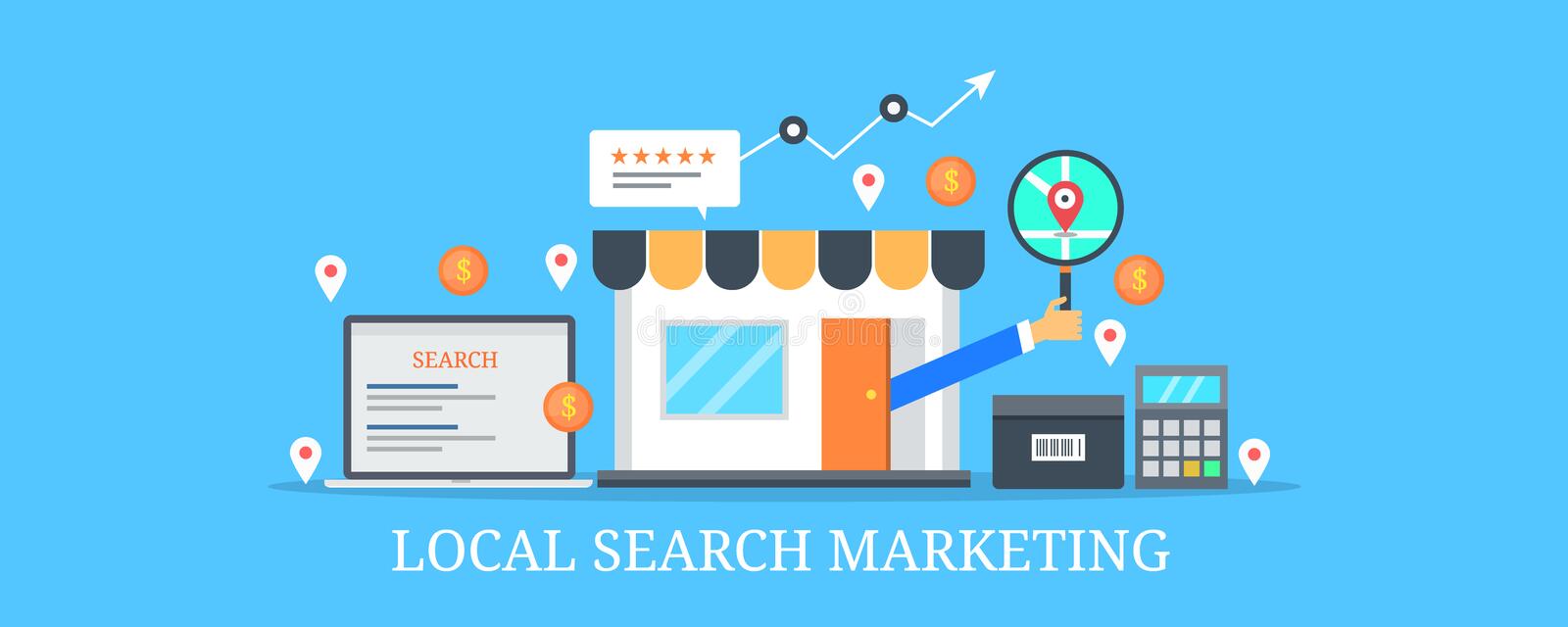
In the world of online retail, search engine optimization (SEO) is crucial for driving traffic and converting visitors into customers. For Phoenix-based e-commerce businesses, optimizing your website to rank higher in local search results can significantly increase your online visibility and sales. In this article, we will discuss 10 tips for boosting your Phoenix e-commerce SEO to help your business thrive.
The structure of your website plays a vital role in SEO. Organizing your categories and product pages effectively can improve your website’s crawlability and user experience. A clean, understandable navigation menu can guide your visitors towards the information or products they seek, resulting in a higher likelihood of conversion.
Some tactics for optimizing your website structure include:
Keyword research is the foundation of effective SEO. It helps you determine the right terms and phrases to target, ensuring that your content aligns with the search queries of your potential customers. There are various tools and methods for conducting keyword research, such as Google’s Keyword Planner, SEMrush, and Ahrefs.
For Phoenix-based e-commerce businesses, it’s crucial to focus on local keywords that include the city name. This will help you target users who are specifically searching for products or services in your area. Analyzing the competition and search volume for relevant keywords can provide valuable insights into the best terms to target.
Well-written product descriptions can significantly influence your conversion rates. Optimizing your descriptions for SEO can increase your visibility on search engines, driving more traffic to your website. Here are some tips for crafting product descriptions that balance readability and optimization:
With more than half of all internet traffic coming from mobile devices, a mobile-first site design is essential for SEO. Google’s mobile-first indexing means that the search engine now uses the mobile version of your site for ranking purposes, so ensuring that your e-commerce site is responsive and user-friendly on mobile devices is critical.
Some tactics for mobile-first design include:
Schema markup is a form of structured data that helps search engines understand the content on your website. Implementing schema can improve your search results by providing richer information, such as product ratings, pricing, and availability. For e-commerce sites, you can use schema to provide information about your products, such as their brand, color, and material. This can help your product pages stand out in search results and attract potential customers.
User reviews are not only important for improving conversions but also for boosting your SEO. Search engines see reviews as a form of user-generated content, which can positively impact your rankings. Additionally, reviews often contain relevant keywords that can improve your site’s keyword diversity.
Some ways to encourage user reviews include:
Visual content plays a significant role in e-commerce SEO, as it can influence both the user experience and search engine rankings. Optimizing your images can improve your site’s load time and provide additional context for search engines. Here are some tips for optimizing your product images:
Social media can be a powerful tool for driving traffic to your e-commerce store. While social media activity itself may not directly impact SEO, it can help increase brand awareness and generate referral traffic, which can positively influence your rankings in the long run. Some tips for using social media effectively include:
Monitoring data is essential for making informed decisions about your SEO strategy. Google Analytics can help you track the performance of your website, providing insights into user behavior, traffic sources, and conversion data. Using Google Search Console, you can monitor search performance and identify potential issues with your website’s indexing and crawlability.
By analyzing this data, you can determine the effectiveness of your Phoenix e-commerce SEO efforts and make necessary adjustments to improve your online visibility and overall performance.
Boosting your Phoenix e-commerce SEO is crucial for driving traffic and increasing sales. By implementing these 10 tips, you can improve your website’s visibility in search engine results, attract more local customers, and ultimately grow your online business.
Q: How does a Phoenix-based e-commerce business benefit from local SEO?
A: Focusing on local SEO helps attract customers who are specifically searching for products or services within the Phoenix area, increasing the chances of them finding your business and making a purchase.
Q: Is it important to optimize product images for SEO?
A: Yes, optimizing product images can improve your site’s load time and provide additional context for search engines, positively impacting your rankings.
Q: Can user reviews improve my e-commerce SEO?
A: User reviews are seen as user-generated content by search engines, which can improve your rankings. Reviews also tend to contain relevant keywords, which can enhance your site’s keyword diversity.
Q: How can social media activity impact SEO?
A: Although social media activity may not directly impact SEO, it can help increase brand awareness and generate referral traffic, which can positively influence your rankings over time.
Q: Why is mobile-first site design important for e-commerce SEO?
A: Google’s mobile-first indexing means that the search engine now considers the mobile version of your site for ranking purposes. Ensuring your e-commerce site is responsive and user-friendly on mobile devices is crucial for maintaining or improving your search engine rankings.


